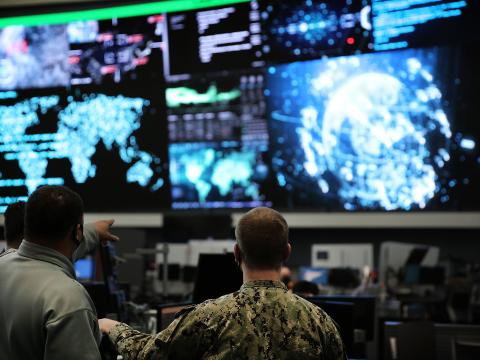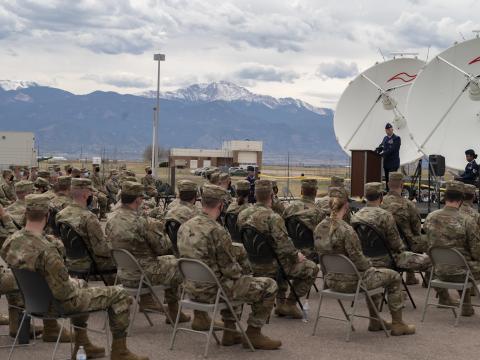Data Without Borders
Modern
The benefits and pitfalls of information sharing will be examined at AFCEA’s TechNet Europe 2008 conference and symposium to be held October 15-17 in
The idea behind this year’s TechNet Europe began with a simple query on Google, explains Cdre. Robert Howell, RN (Ret.), AFCEA Europe’s general manager. He notes that a search for “information sharing” returned more than 47,000 entries. Cdre. Howell says he was struck by the range of government agencies, authorities and individuals who view information sharing as essential to their businesses.
In a European context, information sharing is central to AFCEA’s mission. Howell notes that AFCEA has 33 chapters in 22 nations conversing in 19 languages. “That is just a small microcosm of information sharing. Trying to explain AFCEA issues—which may be very straightforward when written in
For TechNet Europe, this international perspective is reinforced with speakers from the
The event also will feature a session on the newly established U.S. Africa Command (AFRICOM) that will focus on the organization’s requirements for information sharing and how they are going to be applied in operations. Cdre. Howell believes this panel will open new vistas for information-sharing requirements and technologies.
TechNet Europe also will host a panel examining the uses and roles of commercial technologies for information sharing in government and military systems. Howell shares that the panel will consist of a retired general and three industry executives discussing how commercial technologies can fit into military requirements. In some specific military applications, the complete range of information sharing options must be carefully considered, he explains.
A NATO event will run concurrently with TechNet Europe. The 7th NATO CIS Symposium will be held on October 15. Titled “Coalition



